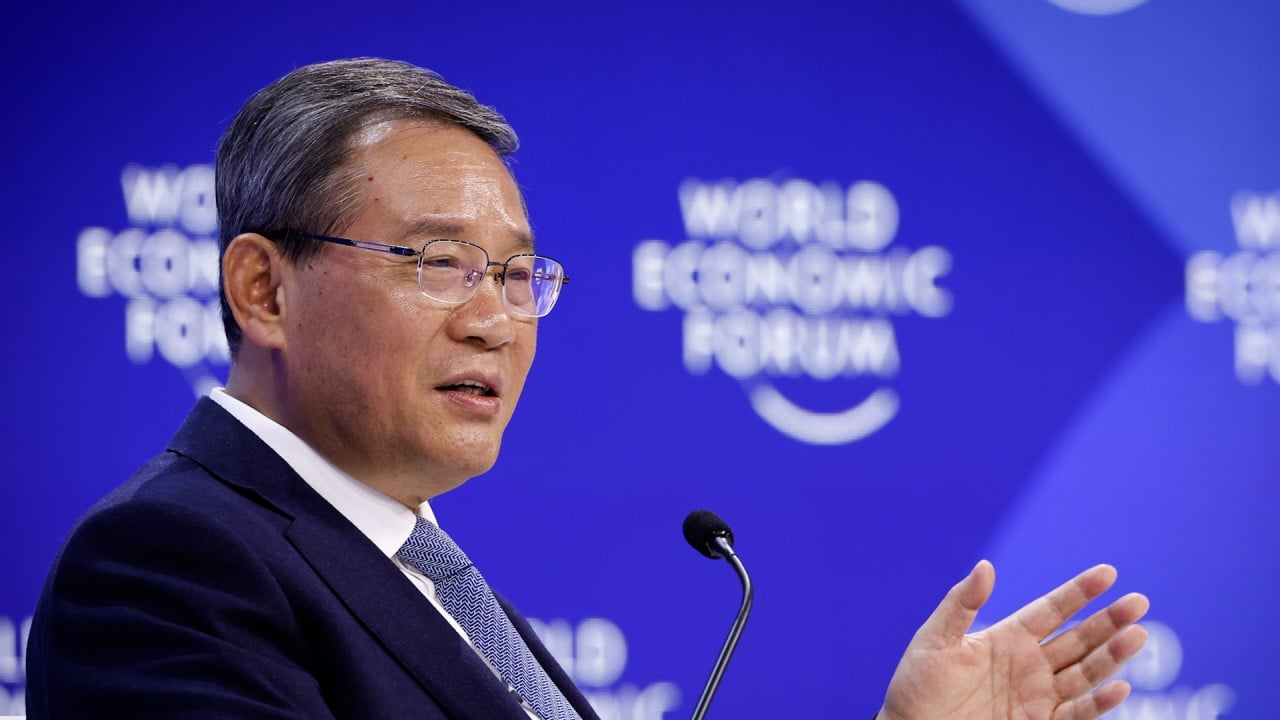Chinese vice-premier urges support for listed firms to help stabilise battered stock market
Chinese stocks, which have endured a long tumble into bear market territory, now reflect a sullen investment atmosphere.
China’s capital market, valued at US$13 trillion at its peak in December 2021, has withered by one third since then. Analyses by Bloomberg put the loss in combined capitalisation since this year at more than US$1 trillion.
The rout prompted Premier Li Qiang to convene a cabinet meeting last week to discuss ways to revive sentiment and entice long-term capital to put a floor on plunging shares.
Two days later, the People’s Bank of China announced that the reserve requirement ratio for commercial banks would be trimmed by 50 basis points from February 5 to inject one trillion yuan into the market.
China’s rose-tinted growth scrutinised through jaundiced eyes of wary foreigners
On Monday, He also said that improving the performance and profitability of listed firms and reviving investor appetites were key to “establishing the new before abolishing the old”, one of the overarching themes of December’s Central Economic Work Conference, which stressed balancing stability and growth, and restoring confidence.
“These new measures and new remarks by senior officials aren’t precise enough to change the performance of the stock market, at least for now,” Natixis chief economist for Asia-Pacific Alicia Garcia-Herrero said.
Markets see a silver lining for China property in Evergrande’s liquidation order
“[Top policymakers] need to do something surprising, with more concrete measures, to reassure investors. We can see scepticism now, as the rally following last week’s boosting moves is gone.”
He also stressed faster progress on affordable housing, urban redevelopment and the development of emergency facilities.
